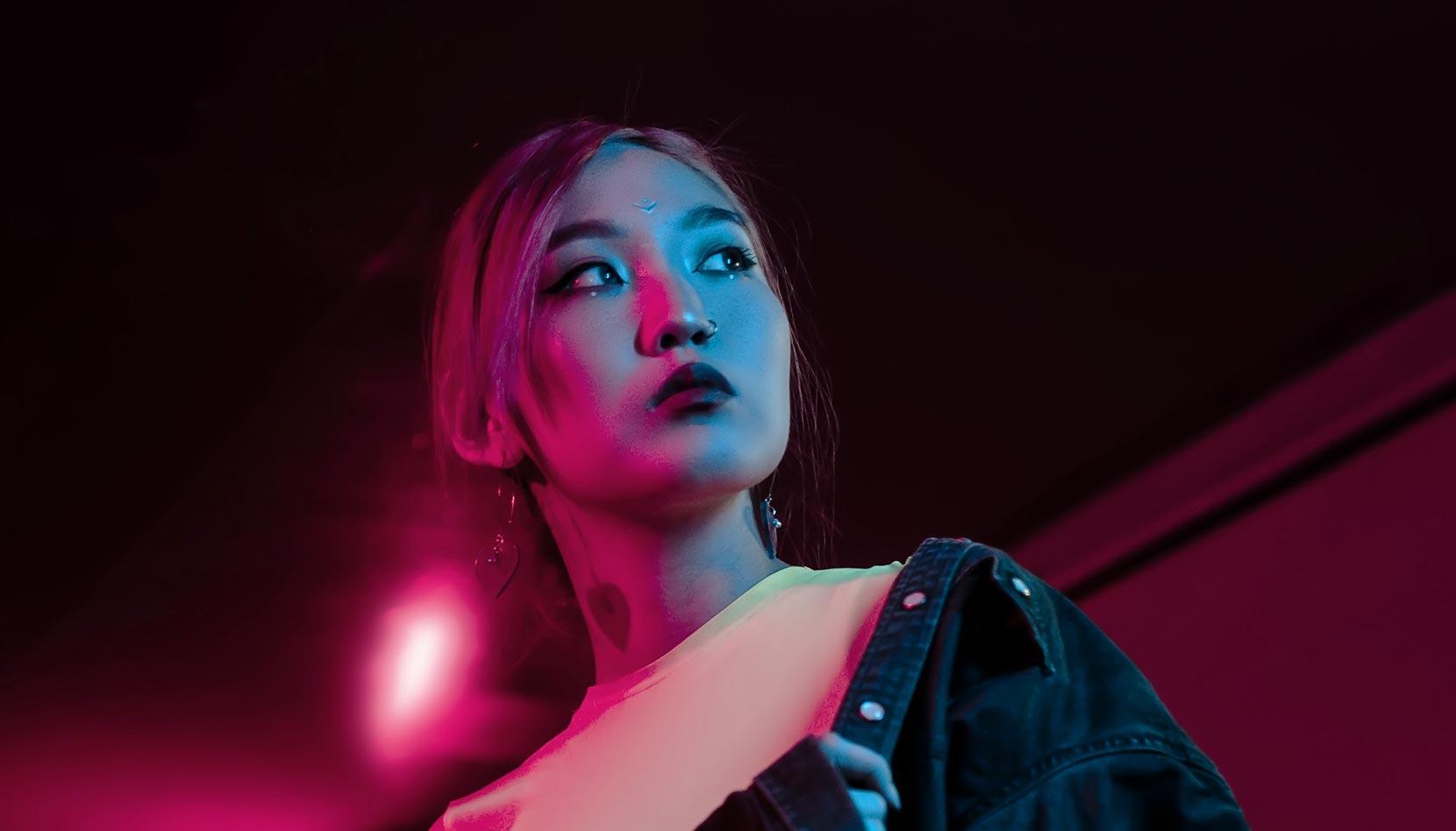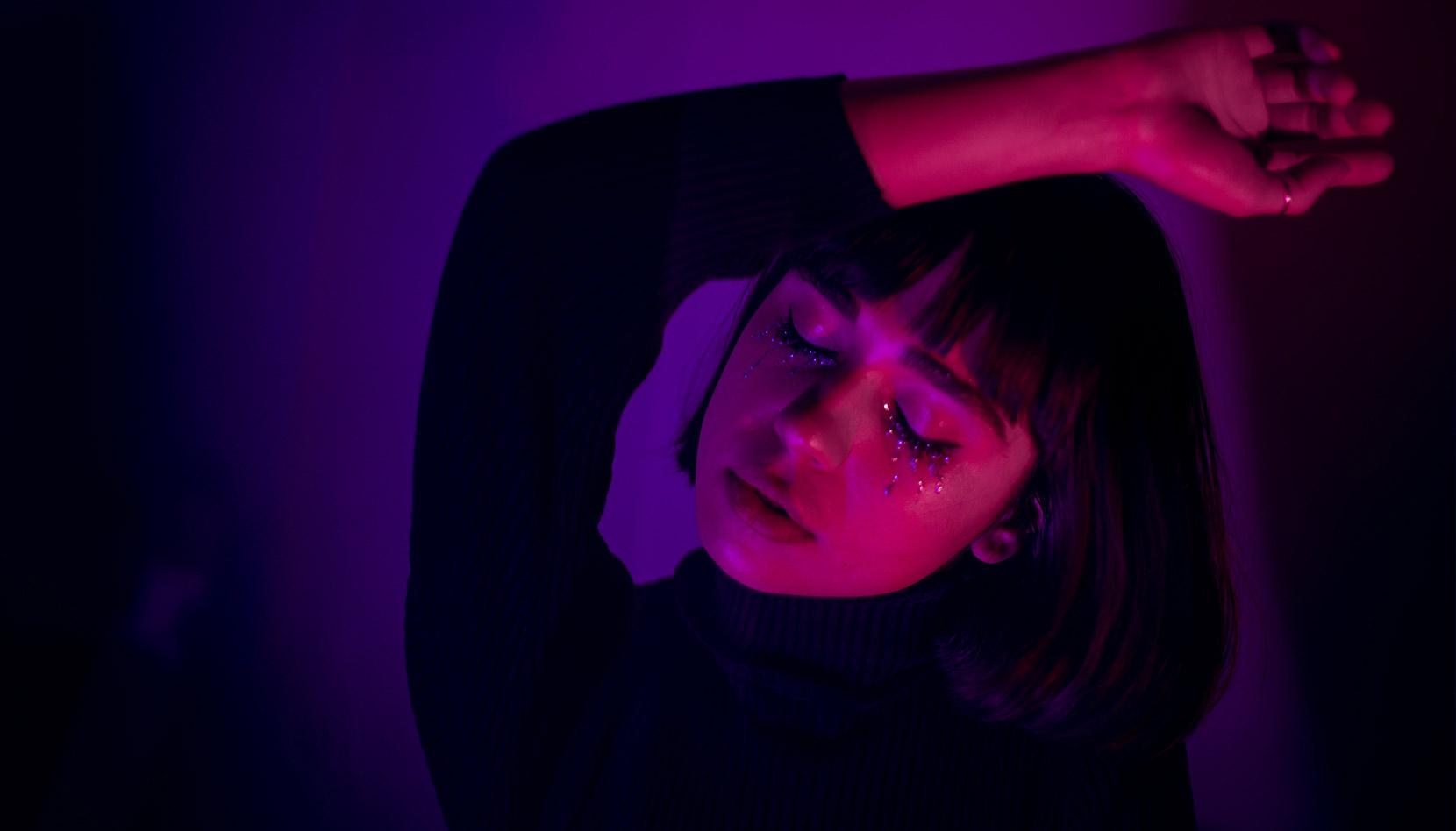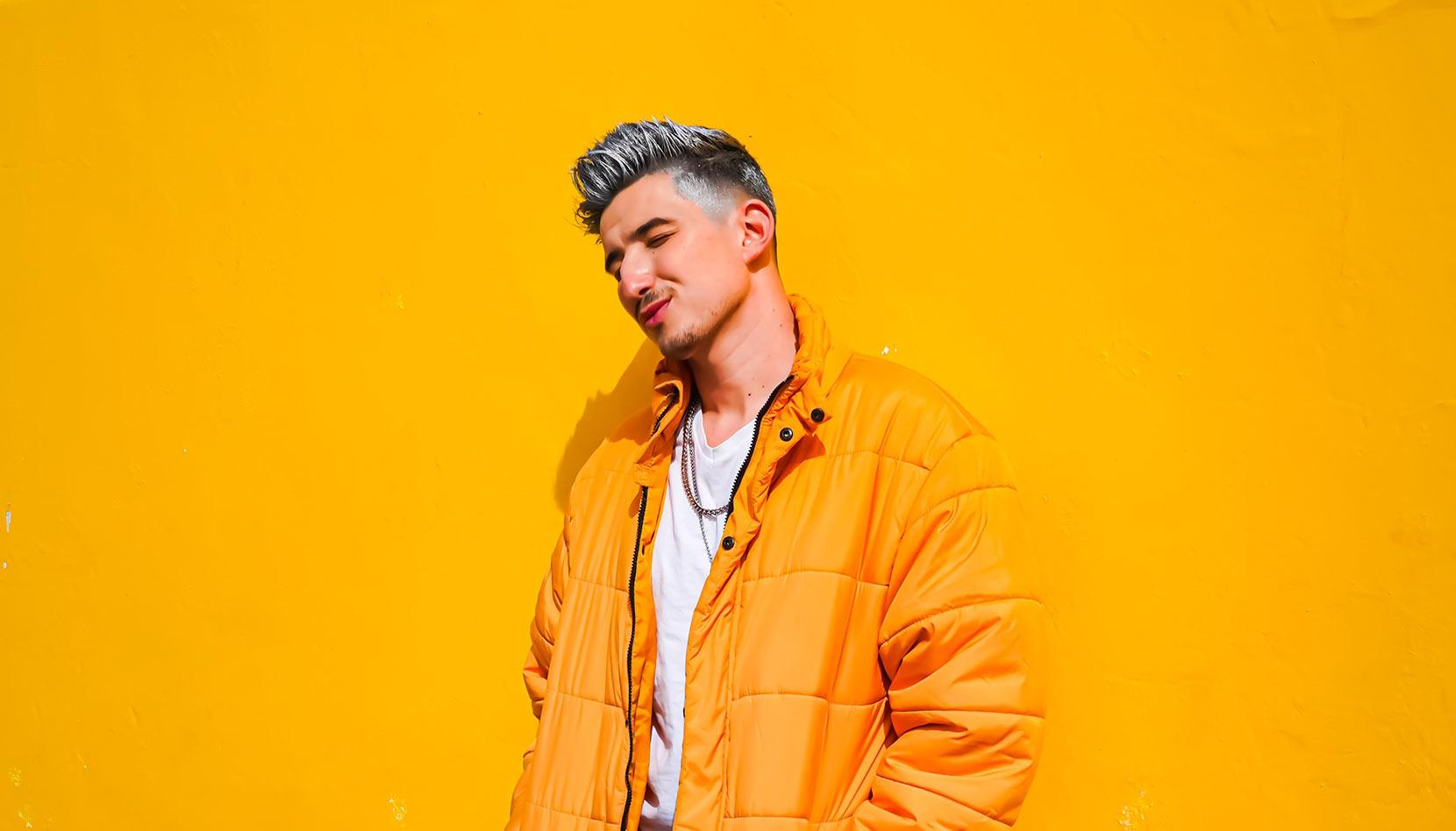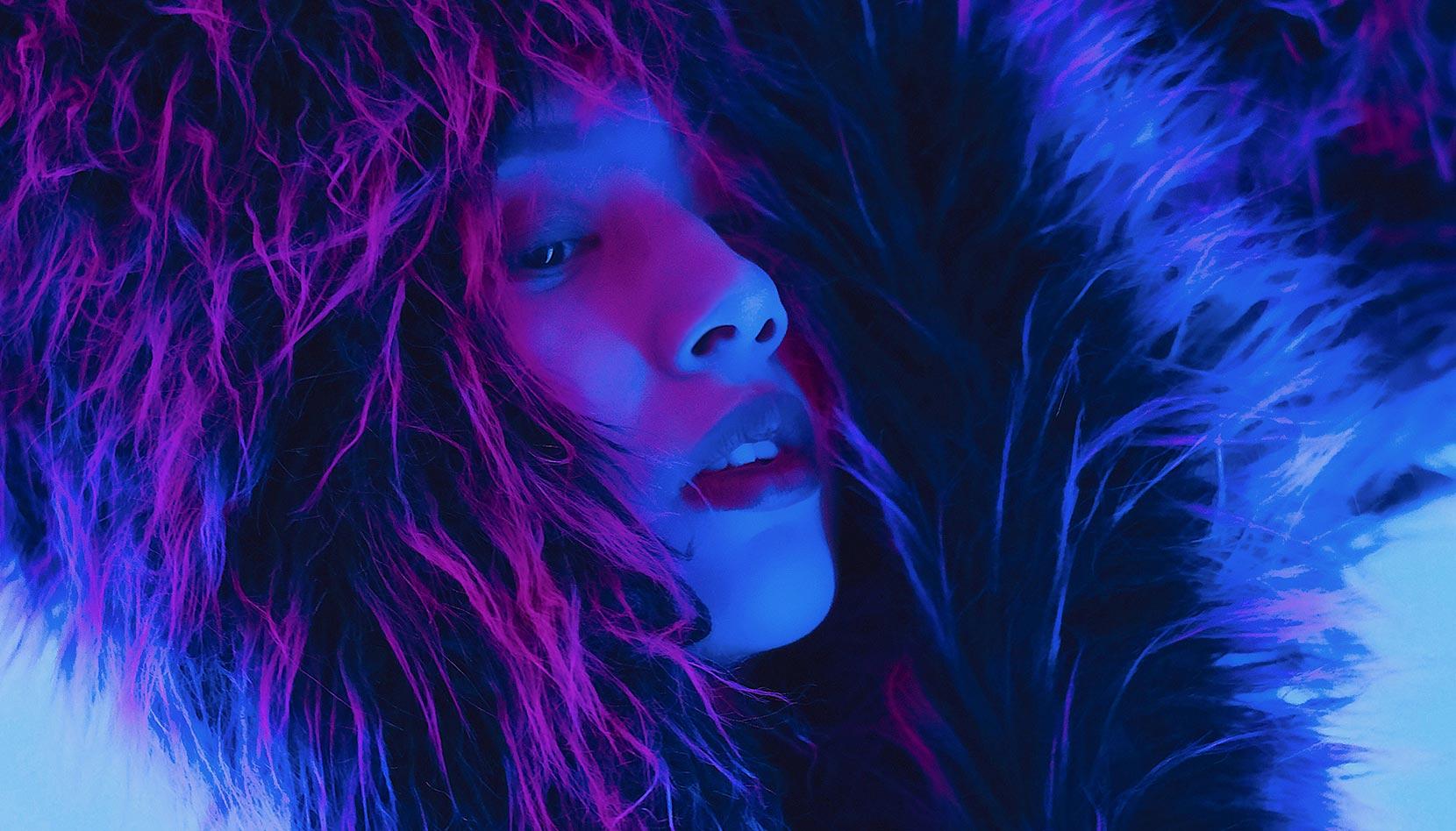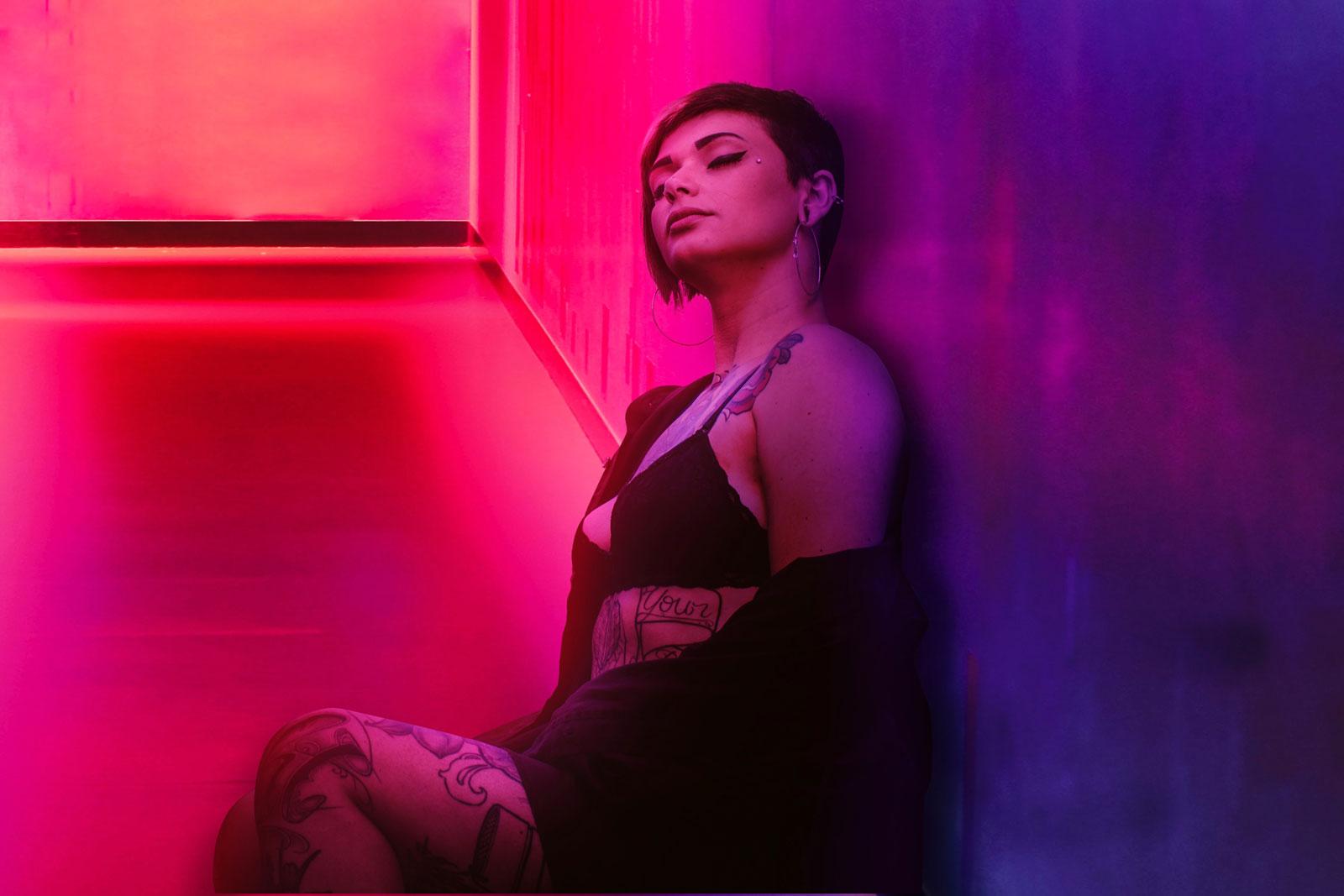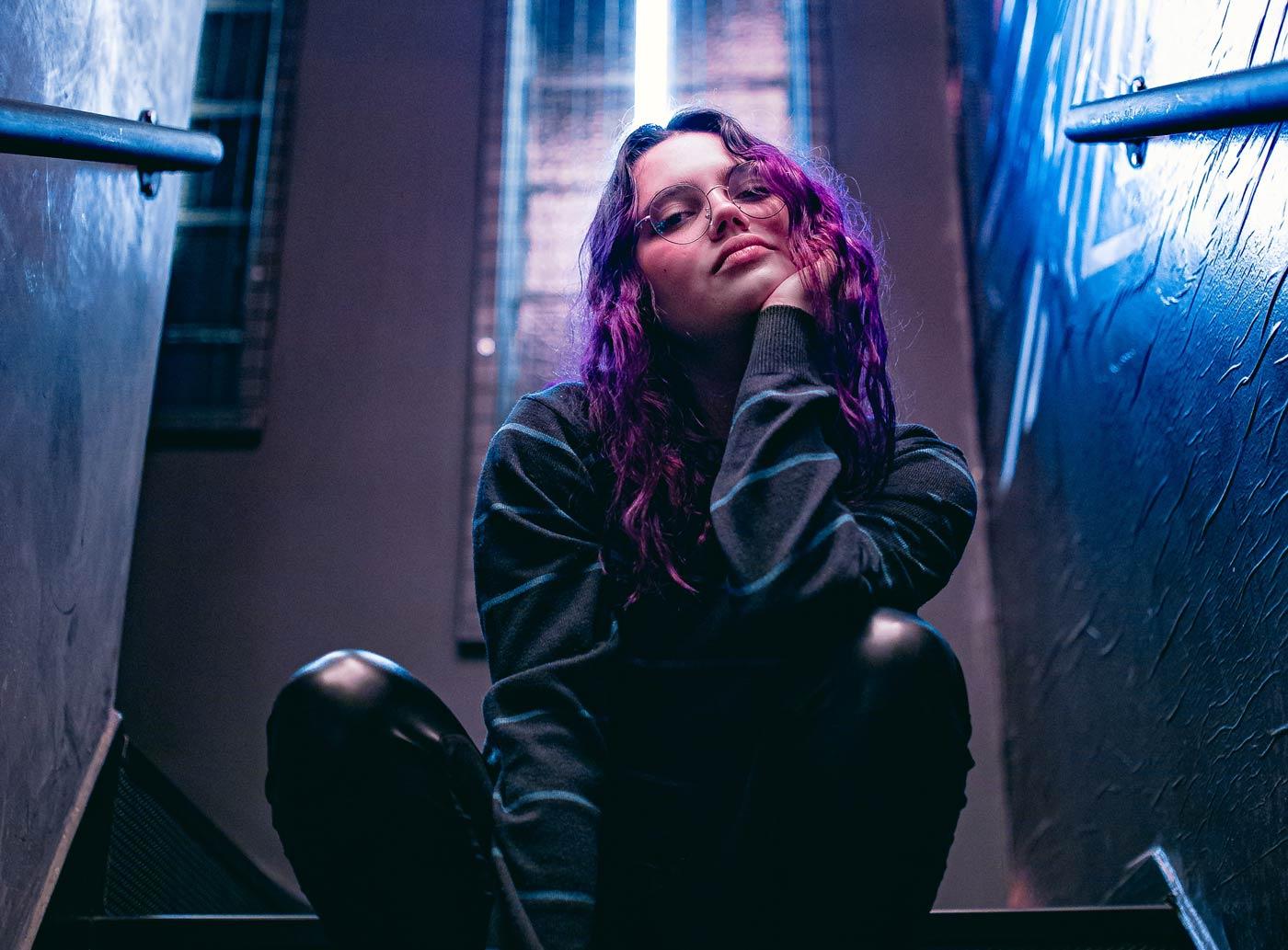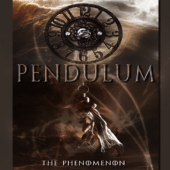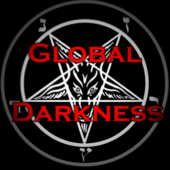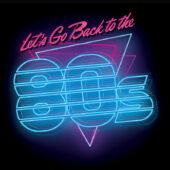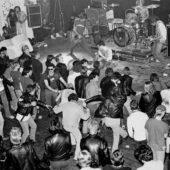How Many Times Has Ye Been Sued Over Sampling? Here’s Every Lawsuit
With claims of uncleared samples back in the news, Billboard dug up every case that’s been filed against the controversial rapper. Spoiler alert: It’s a lot.

Kanye West attends the 2020 Vanity Fair Oscar Party at Wallis Annenberg Center for the Performing Arts on February 09, 2020 in Beverly Hills, California.
Chelsea Lauren/WWD
Everyone in the music industry knows that Ye (formerly known as Kanye West) has been sued repeatedly over allegations that he sampled copyrighted music without permission. But how many lawsuits has he actually faced? Billboard decided to find out.
Just hours after Ye’s brand new Vultures 2 dropped on Saturday, he was already facing claims that the new album featured uncleared music. In a social media post, electronic music artist Geoff Barrow shared a clip of Ye’s song “Field Trip” above the words “not again” – seemingly an accusation that the track featured a sample from the song “Machine Gun” by Barrow’s band Portishead.
It’s currently unclear whether Barrow or anyone else will take legal action against Ye over the new song. But if he did, he would hardly be the first to do so.
Over the course of his career, federal court records show that the rapper has been sued at least 14 times over claims of unlicensed sampling (the use of a copyrighted sound recording) or interpolating (the use of a copyrighted composition) in his songs, with nine of those cases coming since 2019 alone. And that’s not counting cases where others have been sued over his songs, like a case filed in 2012 against Roc-A-Fella Records, or a recent case against UMG filed by members of prog rock band King Crimson, nor allegations that didn’t result in a lawsuit, like Ozzy Osbourne’s accusations earlier this year.
To keep it all straight, Billboard dug up the court records from every case against Ye. Here they are:
-
Kathleen Firrantello v. Kanye West
May 2008
The accusation: The daughter of jazz musician Joe Farrell – an acclaimed saxophonist and flutist who played with Aretha Franklin, Santana, Hall & Oates and James Brown – claimed in her lawsuit that Kanye’s 2005 song “Gone,” from his second studio album Late Registration, had sampled material from Farrell’s 1974 song “Upon This Rock.” Notably, the case also accused Method Man, Redman and Common of using the same sample in other tracks.
How it ended: A little over a year after the case was filed, the parties notified the judge they had reached a settlement to end the case, a deal that was finalized in early 2010.
-
Syl Johnson v. Kanye West
October 2011
The accusation: Blues musician Syl Johnson sued Kanye and Jay-Z over claims that they’d used a sample from his “Different Strokes” on their song “The Joy,” from their joint album Watch the Throne. Johnson claimed he had explicitly refused to clear the same sample when Kanye tried to release the same song on his own earlier album: “Defendants’ infringing acts were and continue to be committed willfully.”
How it ended: West and Jay-Z denied the accusations – and even questioned what rights Johnson owned to a song released before federal sound recording copyrights were created in 1972. But they quickly opted to settle the case in March 2012.
-
Robert Poindexter v. Kanye West
March 2012
The accusation: Bobby Poindexter, a member of the 1970s R&B group The Persuaders, claimed that a Kanye-released 2004 remix of Jay-Z’s 2001 hit “Girls Girls Girls” featured an unlicensed sample from a 1973 track called “Trying Girls Out.” In an interesting wrinkle, the suit claimed that Kanye “indisputably” knew that the sample had not been properly cleared, because he had also produced a legally-licensed version of the same song for Jay-Z’s album The Blueprint.
How it ended: The case was dismissed after Poindexter, who was not represented by lawyers, failed to properly litigate the case. He later sued again, but that case was also eventually dropped over procedural problems.
-
Trena Steward v. Kanye West
April 2013
The accusation: The family of a deceased musical artist named David Pryor sued West over “Gold Digger,” a smash hit that spent 10 weeks atop the Hot 100 in 2005. The case claimed that Kanye had illegally sampled from “Bumpin’ Bus Stop,” a 1974 song released by Pryor’s group Thunder And Lightning. Pryor’s family called West’s use of the clip an “unabashed theft of plaintiffs’ intellectual property.”
How it ended: Facing a case over his biggest commercial hit, Kanye fought back. He eventually won a ruling in 2014 dismissing the case on the grounds that the samples were “de minimis” – meaning so short that they didn’t count as copyright infringement. The judge said the clips were so brief and distorted that “the average audience would not recognize plaintiffs’ song in any of defendants’ songs without actively searching for it.”
Read the full complaint and the full ruling.
-
Gabor Presser v. Kanye West
May 2016
The accusation: Gabor Presser, a former member of a Hungarian rock band called Omega, accused West in his lawsuit of sampling a 1969 song “Gyongyhaju Lany” in his 2013 track “New Slaves.” And Kanye’s lawyers later admitted it, chalking it up to the final clearance paperwork “falling between the cracks.” The case got heated in early 2017, when West’s lawyers blasted the plaintiff’s attorneys for attempting to force the superstar to travel cross-country for an in-person deposition: “Mr. West is a celebrity. Plaintiffs’ insistence on New York deposition is pure harassment, a tactic designed to extract settlement leverage and for no other purpose.”
How it ended: A month after a federal judge refused to force West to fly in to attend the deposition, the two sides reached a confidential settlement in March 2017 to resolve Gabor’s accusations.
-
Andrew Green v. Kanye West
February 2019
The accusation: In one of Kanye’s weirder sampling disputes, the adopted parents of a little girl named Natalie Green — who had achieved viral video fame over a YouTube clip in which she emphatically prayed in the back of a car — accused him of using her voice in his song “Ultralight Beam” without their permission. Kanye apparently sought approval from Green’s birth mother rather than her legal guardians – though he allegedly never actually paid her, either.
How it ended: West settled the case in 2021 with a rare, publicly-disclosed agreement. In it, he agreed to pay a total of $350,000 — $125,000 to Green’s parents, $60,000 to another woman featured in the viral video, and $165,000 to the plaintiff’s lawyers who filed the case.
Read the full complaint and the settlement agreement.
-
Ronald Bobb-Semple v. Kanye West
March 2019
The accusation: An actor named Ronald Bobb-Semple claimed that “Freeee (Ghost Town Pt. 2),” a track released by West, Kid Cudi, and Ty Dolla $ign, included a sample from his one-man show about the life of historical figure Marcus Garvey. “While Defendants and others have received many accolades and substantial profits from Freeee, Bobb-Semple has received nothing – no acknowledgement, no credit, no remuneration of any kind.”
How it ended: The case ended with a confidential settlement in February 2020, less than a year after it was filed.
-
Fame Enterprises v. Kanye West
August 2019
The accusation: A company that owns the rights to George Jackson‘s “I Can’t Do Without You” alleged in their lawsuit that West and Pusha T’s 2018 collab “Come Back Baby” heavily sampled the earlier song without permission – so much so that more than 35 percent of the new song was comprised of unlicensed material. The suit also claimed that West’s track was about “the money made from selling drugs,” and said the sample would not have been approved for a song with such a message “under any circumstances.”
How it ended: Fame Enterprises voluntarily dropped the case just six months after it was filed.
-
David P. Moten v. Def Jam Recordings
May 2022
The accusation: A Texas pastor named Bishop David P. Moten claimed that West (who changed his name to “Ye” in late 2021) had used unauthorized samples of a recorded sermon in the song “Come to Life,” a track from the album “Donda.” The suit, which claimed that 20 percent of the new song was made up of the unlicensed clip, called out the star’s previous sampling lawsuits, calling it “an alarming pattern and practice of willfully and egregiously sampling sound recordings of others without consent or permission.”
How it ended: It hasn’t. Moten later refiled his case against Ye in a different federal court, where it remains pending with a trial date tentatively set for June 2025.
-
Ultra International v. Kanye West
June 2022
The accusation: Music publisher Ultra International hit Ye with a lawsuit over allegations that he had used a sample of Marshall Jefferson’s 1986 house track “Move Your Body” on the Donda 2 song “Flowers.” The case, which claimed that the unlicensed clip was “repeated at least 22 times throughout” Ye’s song, blasted the rapper for what Ultra called his “hypocrisy” in dealing with samples: “West advocates for artists’ rights with one hand, yet has no shame in taking away rights from another artist with the other.”
How it ended: A few months after the case was filed, Ye was dropped by his lawyers at the firm Greenberg Traurig, citing his “improper antisemitic remarks” and the resulting fallout from them: “Ye has made it unreasonably difficult for GT to continue as his counsel.” A few months later, with Ye represented by a new lawyer, the case was resolved with a confidential settlement.
Read the full complaint and the motion to withdraw as counsel.
-
Phase One Network v. Ye
November 2022
The accusation: A company that owns the rights to the music of Boogie Down Productions claimed in its lawsuit that Ye had used the pioneering rap group’s 1986 song “South Bronx” – a “seminal track in the American hip-hop lexicography” – in his “Life of the Party” without permission. The company claimed that West’s people reached out to clear the use of the Boogie Down song, but that the star had released his track even though a deal was never struck.
How it ended: Ye fought back, asking a judge to dismiss the case with an unusual argument: That Boogie Down founder KRS-One had publicly promised all future rappers that “you will not get sued” if you sample the group’s music. The plaintiffs later called that a “bizarre argument,” noting that KRS-One didn’t actually own the music he was claiming to place in the public domain. That argument won’t be answered by a judge: In June, the two sides said they had agreed to a tentative settlement to resolve the case.
Read the full complaint, Ye’s motion to dismiss and Boogie Down’s opposition response.
-
Trax Records v. Ye
November 2022
The accusation: Trax, which owns the masters to Marshall Jefferson’s “Move Your Body,” filed a case that echoed the claims made by Ultra — that Ye had used the song in his “Flowers.” Trax called it a “blatant exploitation” and an “unambiguous infringement” of the company’s rights to the sound recording of Jefferson’s song.
How it ended: It hasn’t. The case remains at the earlier stages, because Trax says it has been unable to find Ye to serve him with the complaint.
-
Bruce Sudano v. Ye
February 2024
The accusation: The estate of Donna Summer accused Ye of “shamelessly” interpolating the disco legend’s 1977 hit “I Feel Love” in his “Good (Don’t Die),” which he had released on his chart-topping Vultures 1 album. The estate claimed that it had expressly rejected his request to use her song because it wanted “no association” with the controversial rapper: “This lawsuit is about … the rights of artists to decide how their works are used and presented to the public, and the need to prevent anyone from simply stealing creative works when they cannot secure the right to use them legally.”
How it ended: Ye and the estate finalized a settlement in June, but unlike many other such agreements, the deal did not give Ye retroactive approval for his track: “We did not license the song,” the estate’s attorney told Billboard at the time. “As part of the settlement, they have agreed not to distribute or otherwise use the song. So we got what we wanted.”
-
Artist Revenue Advocates v. Ye
July 2024
The accusation: A company that owns the rights to an instrumental track called “MSD PT2” alleged in its lawsuit that Ye had sampled the song for his “Hurricane” and “Moon” — both of which reached the top 20 on the Hot 100 when they were released in 2021 on Donda. In an act of particularly “blatant brazenness,” the lawsuit claimed that Ye even credited the song’s four creators despite their refusal to license their work to him.
How it ended: It hasn’t. The case remains in the earliest stages.



